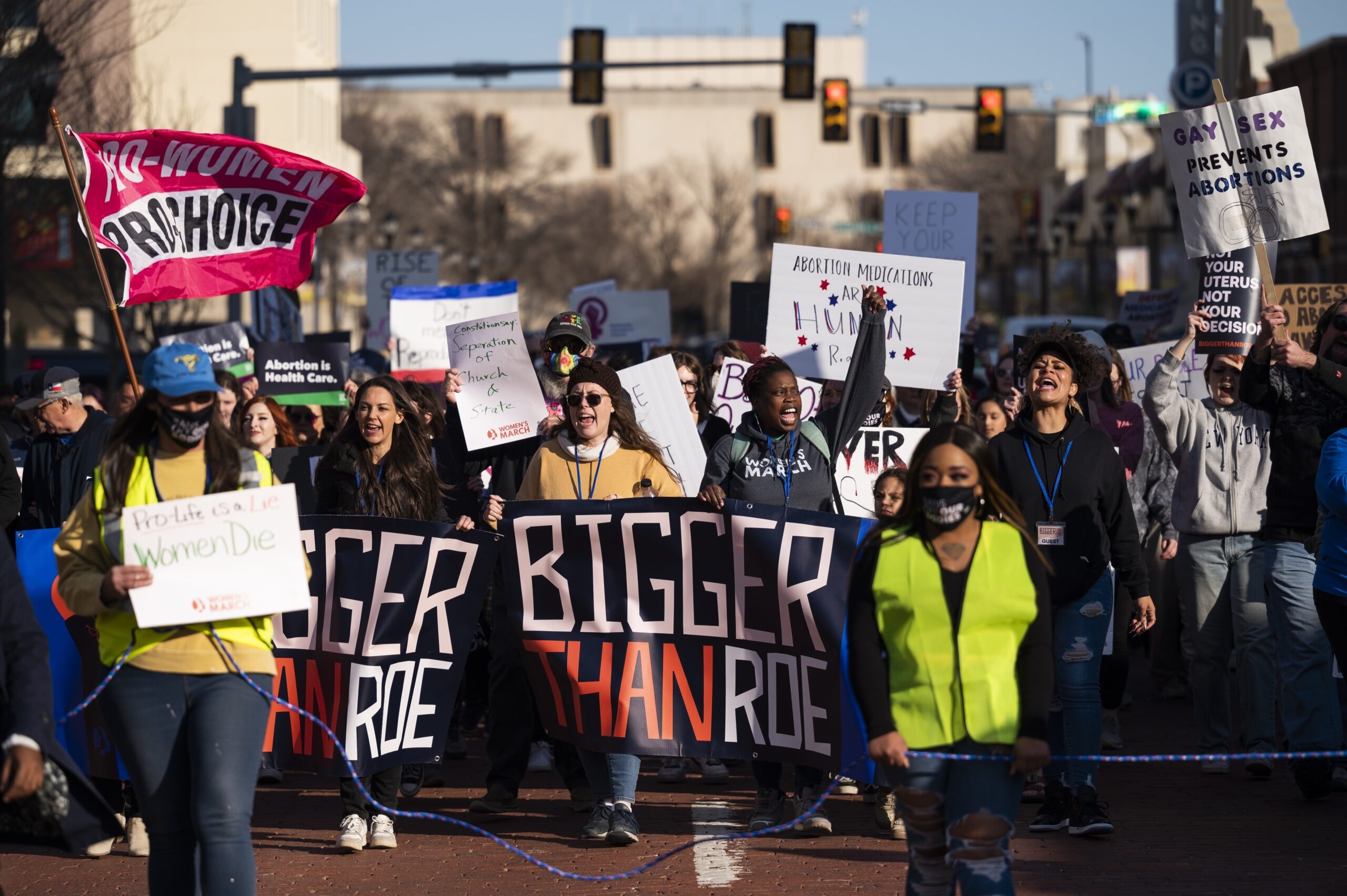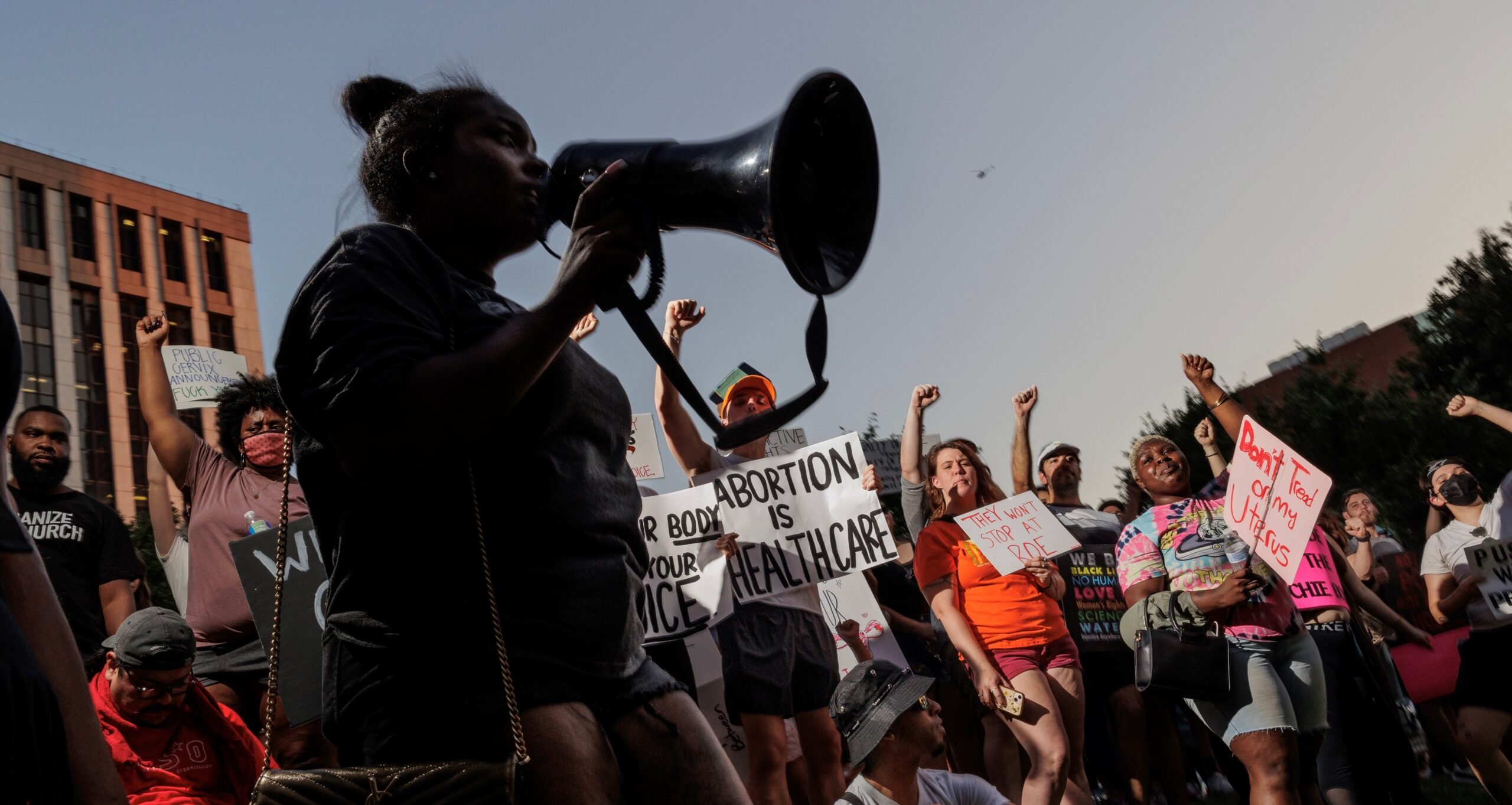
El Paso Abortion Clinic Remains Shut After Judge Withholds Relief
Judge Lee Yeakel said the legal fight over Texas’ new anti-abortion law would be resolved at the Supreme Court.
An El Paso abortion clinic will remain shuttered after a federal judge declined yesterday to issue a temporary restraining order that would suspend a provision of the new anti-abortion law requiring abortion clinics to obtain admitting privileges at nearby hospitals. Since filing suit against the state two weeks ago, Reproductive Services in El Paso learned that it had lost temporary admitting privileges. As a result, abortion services at the clinic have been illegal since Friday. Yesterday, the El Paso abortion provider asked District Judge Lee Yeakel to put a temporary hold on the admitting privileges rule so they could legally continue operations until the full case can be heard. While Yeakel said he believed the clinic was harmed by the admitting privileges requirement, he didn’t see the point in litigating the law piecemeal when it was destined ultimately for the U.S. Supreme Court.
Since Monday, the El Paso clinic has cancelled 34 patient appointments. As a result of Judge Yeakel’s ruling, patients will continue to be turned away.
The El Paso closure is more fallout from Texas’ new anti-abortion bill. The admitting privileges requirement is part of House Bill 2, the omnibus anti-abortion legislation that imposes stricter regulations on abortion providers and bans abortions after 20 weeks. Since HB 2 went into effect last fall, approximately one-third of abortion clinics in Texas have closed down because of an inability to obtain admitting privileges at nearby hospitals.
Like anything to do with House Bill 2, the backstory is somewhat convoluted. Earlier this year Reproductive Services gained temporary admitting privileges at nearby Foundation Surgical Hospital of El Paso in compliance. The privileges were set to expire on May 13. On April 2, Reproductive Services and Whole Woman’s Health abortion clinic in McAllen, filed a motion to permanently protect both clinics from HB 2’s admitting privileges provision, pointing to the scarcity of abortion providers in those parts of the state. But the day after the clinics filed the motion, the state health department informed the El Paso abortion clinic that they were already out of compliance with HB 2. The clinic then learned via a voicemail message from Foundation Surgical Hospital that their privileges were no longer valid, even though they still had four weeks to run on their permit. The hospital gave no explanation for the withdrawal.
Reproductive Services immediately filed a request for a temporary restraining order, asking for permission to legally continue operations until the court ruled on the full case.
Yeakel said that the clinic had met three of the four legal tests: that irreparable harm is imminent if temporary relief isn’t granted; that the benefit to the plaintiff outweighs injury to the defendant; and that the order serves the public interest.
Judge Yeakel ruled that the first three prongs had been met but that the final prong—that it wouldn’t be overturned by appeal—didn’t hold water.
“All challenges must be viewed through the prism of the Fifth Circuit as held in its March 28 opinion [that the admitting privileges provision is constitutional],” he said. “That is the law at this time. We can slice it and dice it … but it’s hard to see how there is a significant likelihood of success on the merits. I believe the Fifth Circuit will apply existing law.”
On the courtroom machinations surrounding HB 2, Judge Yeakel was fatalistic about his own place in the legal firmament.
“Everybody thinks it’s really important what the District Court does, and it is for a brief starburst of activity,” said Yeakel, likening court rulings to a train that starts in Austin, where he’s based, goes on to New Orleans, home of the Fifth Circuit, and then whistles on to its final stop in Washington, D.C.
“Nobody will talk about how the District Court dealt with HB 2 or even how New Orleans dealt with it,” he said. “It’s pretty clear to me that admitting privileges is going to the Supreme Court.”
The constitutionality of the fourth provision of HB 2—that abortions clinics upgrade their facilities in line with ambulatory surgical care requirements—is due to return to Judge Yeakel’s court in the next few weeks. Meanwhile the El Paso abortion clinic continues to turn patients away and the McAllen clinic, closed since March, has put its building up for sale.
To support journalism like this, donate to the Texas Observer.


